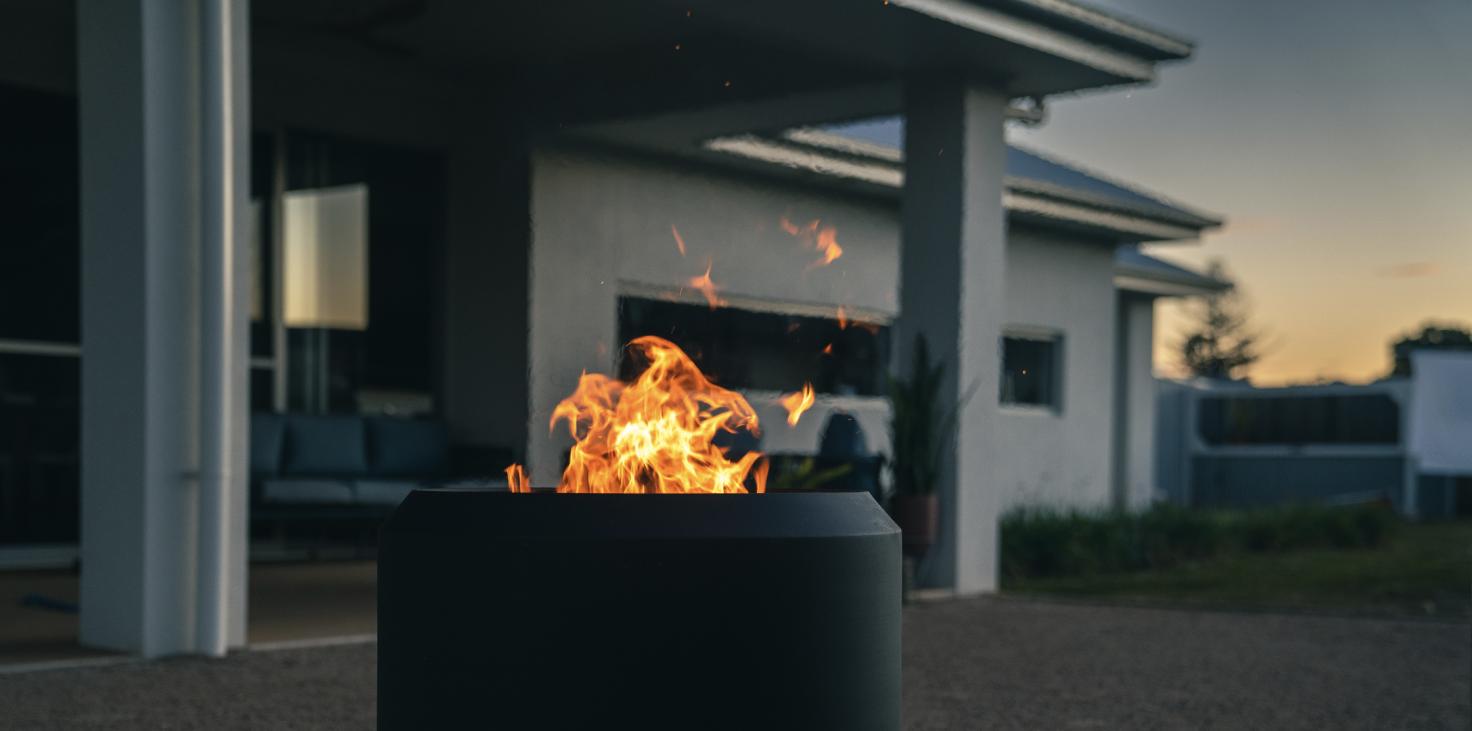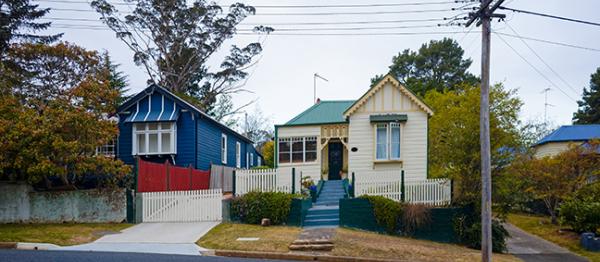17 June 2022
7 ways to protect your home from winter weather damage
Making a habit of doing proactive checks every year may end up saving you thousands of dollars in unexpected repairs.

As temperatures drop, winter weather conditions begin to get harsher on our homes. Although rain, wind, ice and snow are natural elements part of the colder seasons, they can also cause harmful consequences to your home as well as your wallet.
To help you best safeguard your home against the cold, harsh weather, here are some preventative tasks you can do around the house to avoid the inconvenience of potential damage caused by winter weather.
1. Keep your gutters clear
While it’s a job that most people avoid doing, cleaning out your gutters and downpipes can keep your home safe in a winter storm.
During a storm, rainwater is drained through your gutters and downpipes. If these are clogged with leaves and debris, rainwater has nowhere to go. As it overflows, water can then cause damage to your roof and even seep through to the inside of your home, costing you thousands of dollars in repairs.
To keep gutter pathways clear, firstly trim any greenery that might be falling from surrounding trees. Scoop out any leaves from your gutters, then use your garden hose to flush out any debris. Make sure you check that the water is draining properly through the downpipes.
2. Weatherproof outdoor pipes
While you might be feeling the biting chill of winter, low temperatures can also affect the water pipes outside your home, causing them to freeze. And as they start to thaw, they can crack or burst, which is a big, expensive issue to repair.
Firstly, check all the pipes around your home to make sure they’re structurally sound. If you notice any signs of damage, organise to get the pipes repaired as soon as possible.
You can also look into buying some insulated tape to wrap around pipes for extra protection. Any measures you can take to avoid frozen pipes or minimise potential damage can save you hundreds or thousands of dollars in the long run.
3. Prepare for blackouts during storms
If your area is prone to losing power, it’s important to be prepared before winter rainstorms hit.
If you have a generator you can use in a blackout, make sure it’s working and ready to go if you need it. Set aside some extra torches, candles and lighters specifically for these situations so you don’t have to go looking for them in an emergency.
Also pack a battery-operated radio (with extra batteries), so that if you lose your mobile phone signal in a storm, you can still receive weather alerts and updates.
4. Inspect damp-prone areas to prevent mould from occurring
Getting rid of mould is a big and costly exercise, so prevention is definitely the key. Inspect areas around your house that are prone to damp or musty conditions, like bathrooms, basements and attics. Make sure that these areas are getting enough ventilation.
Also make sure there are no leaks in the walls, which could build up with moisture when it’s raining.
If you notice any mould or discolouration appearing on the walls, call a professional as soon as you can. The earlier mould is attended to, the better.
5. Keep the heat in to save on heating costs
There’s nothing like staying indoors and turning up the heat on a cold, winter’s day. But whether you use a heater or air conditioning, staying warm can hike up your energy bills (and carbon footprint) during the cooler months.
To save money on electricity and gas (and do your part for the environment), make the most of the sun’s warmth during the day and only turn on the heating after sunset (or on cloudy days).
You can also maximise indoor heating by sealing the natural gaps around your windows and doors. Fill any window gaps with a good quality caulking product from the hardware store. And to minimise draught from the bottom of doors, a door ‘snake’ is a good, low-cost solution.
6. Clean out the chimney to prevent fires
Warm, cosy and inviting, wood-burning fireplaces are a great asset to any home during winter. But it’s important to keep them well-maintained to avoid the risk of housefire.
Always check that the flue is free and clear, removing any built-up soot or debris that might be clogging it. Also check the chimney for cracks or loose bricks. If you find any gaps, have them repaired straight away to avoid any embers escaping and potentially causing a housefire. Check for any overhanging branches around your chimney and remove them as well.
If your chimney needs any extra attention, get it professionally cleaned or looked at by a specialist.
7. Check your insurance coverage
When it comes to weather conditions, we can do our best to safeguard against the elements, but sometimes the unexpected happens.
To help minimise your out-of-pocket costs to repair any potential winter damage, check that your home buildings and/or contents insurance is up to date and that you’re covered for common wintertime claims such as burst pipes or heater fires.
If you need any help with NRMA Home Insurance, we’re here to help. Simply call us on 132 132 to get a quote or find us online 24/7 at nrma.com.au.
This content is intended to be general in nature and is not financial or professional advice. We recommend you obtain independent professional advice relevant to your circumstances, before making any financial or commercial decisions.



